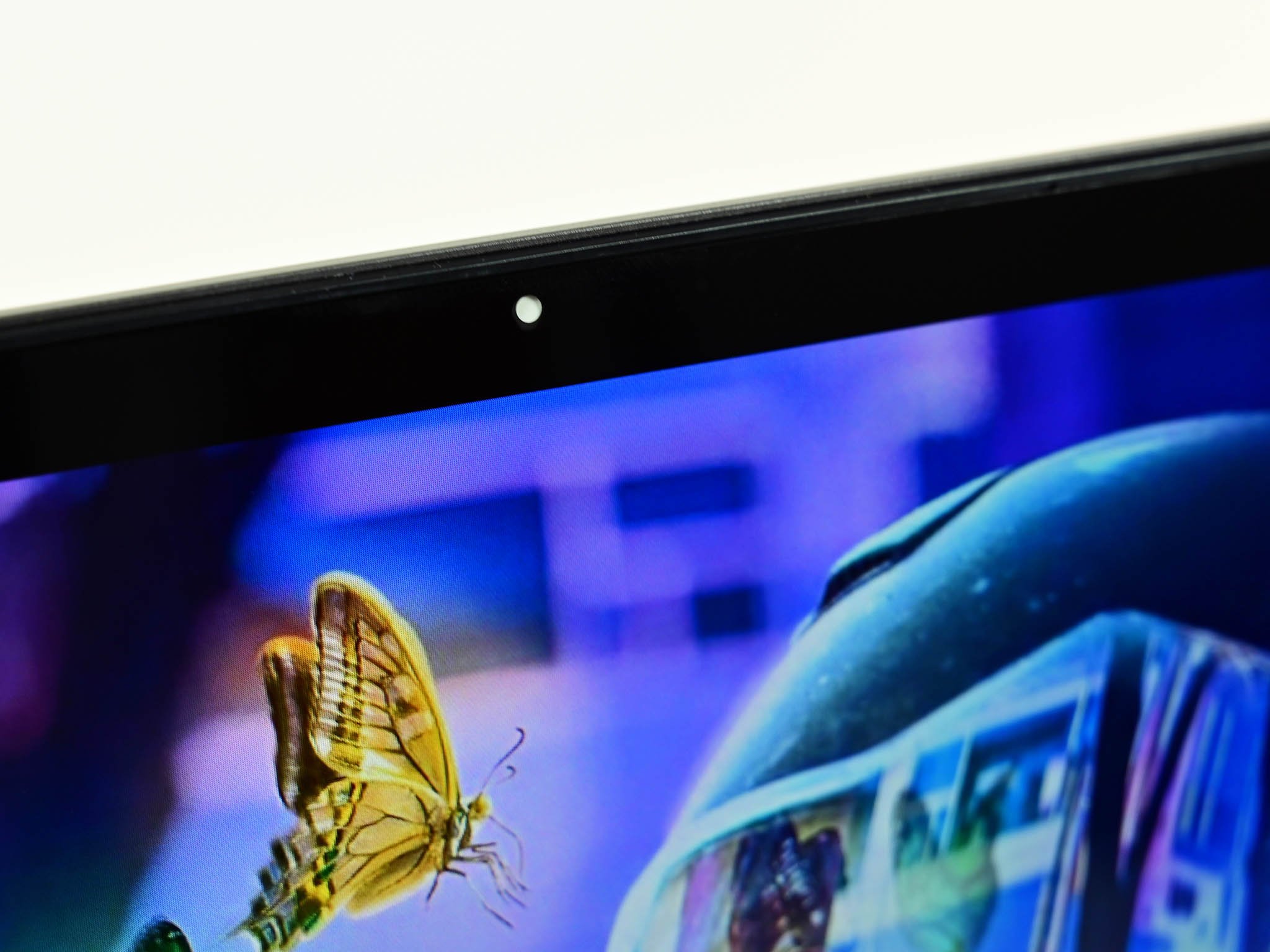 Source: Daniel Rubino / Windows Central
Source: Daniel Rubino / Windows Central
In two years from now, your Windows 11-equipped laptop will have a camera on it. That’s not a prediction, that’s a fact — because Microsoft is demanding it. As part of the rush of news surrounding its new operating system, Microsoft has declared that starting January 1, 2023, all NEW laptops running on Windows 11 will need to have a front-facing camera.
For those concerned with privacy, this means a trip to the office supply store to grab more tape with which to cover up the pesky little lenses. And for those who’ve fully immersed themselves in the world of remote work, this means an end to the days of fearing a laptop will have a bad camera, or worse, no camera.
The way this new policy influences the quality of cameras is found in Microsoft’s camera requirements. Not only does the company demand that laptops have cameras, but it expects them to:
- Have a resolution of High-Definition (HD) or better
- Auto Exposure (AE)
- Auto White Balance (AWB)
This means the days of sub-HD cameras are numbered. With a massive company like Microsoft demanding an end to objectively outdated and substandard cameras, it’s only a matter of time before such inferior products cease to exist. On the flip side, it’s also just a matter of time before privacy-minded individuals have one less source of security. In a world where every single machine has a camera, eyes will be everywhere, and all the Big Brothers of technology will be watching.
Of course, this requirement only applies to new PCs being sold by OEMs, not your existing laptop.
We may earn a commission for purchases using our links. Learn more.

TPM, Windows 11, and what it means for getting that upgrade this fall
Windows 11 doesn’t have too many strict hardware requirements to run well, but Microsoft has thrown down the gauntlet on security. A Trusted Platform Module (TPM) is required, and what that means is causing a lot of confusion for some users. Here is what we know so far.




